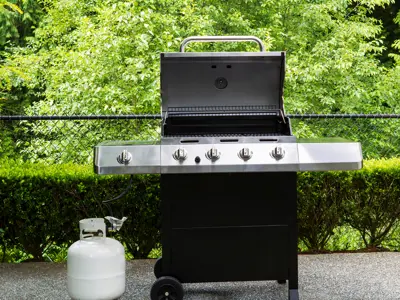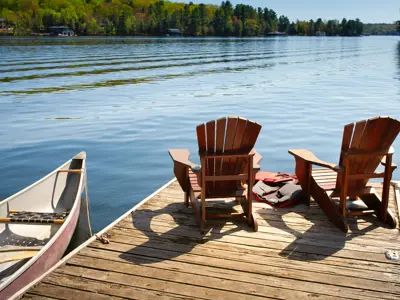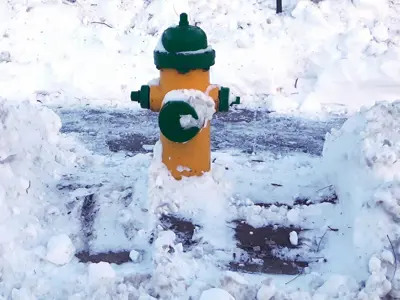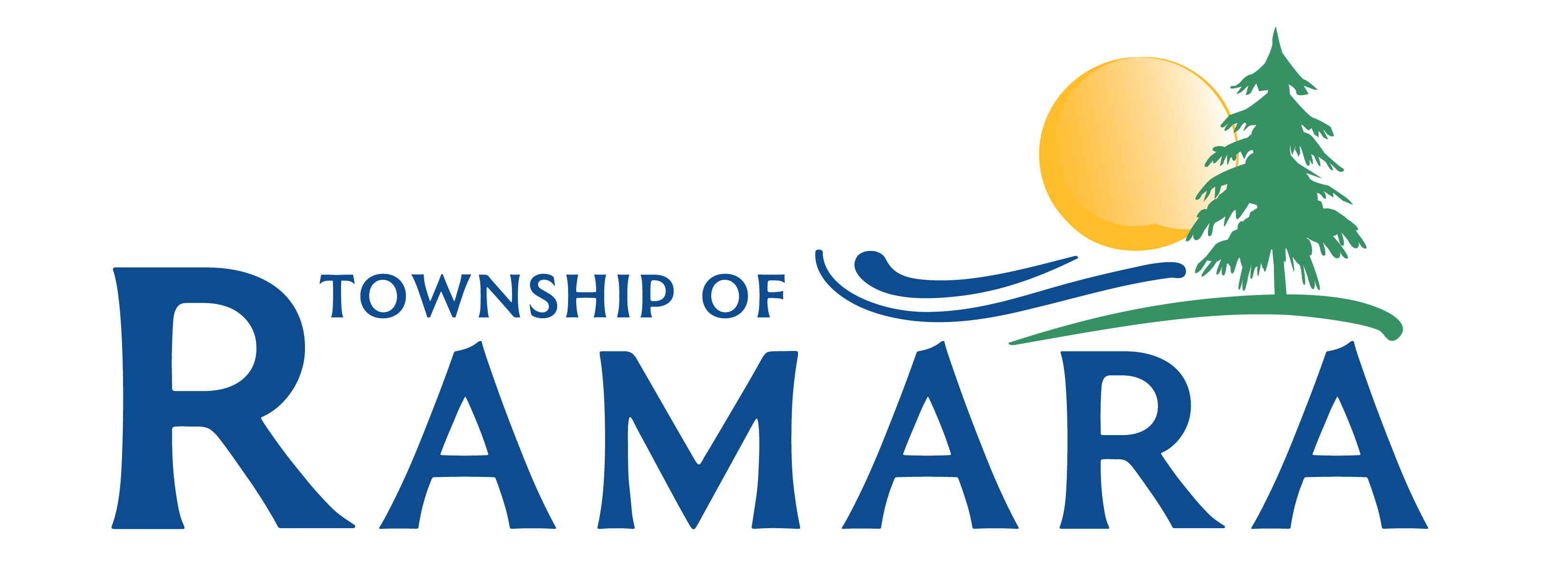Seasonal Safety

Barbecue & Propane Safety
Barbecuing is a great way to enjoy the outdoors, but safety should always come first. Whether you're buying a new grill or firing up one for the season, follow these tips to keep your home and family safe.
Buying a Barbecue
- Choose a barbecue that displays a CSA, ITS, or ULC certification label.
- Always follow the manufacturer’s instructions for use and maintenance.
- Have repairs done by a trained professional—never attempt to fix gas components yourself.
Getting Started Each Year
- Check your propane cylinder for its date of manufacture. Cylinders must be inspected and re-certified every 10 years.
- Place your barbecue outside on level ground, at least 1 metre (3 feet) from your home and away from wind and flammable materials.
- Inspect and clean your barbecue annually, ideally before the first use of the season.
- Replace rusted or damaged burners.
- Check the flexible hose for cracks or wear and replace if damaged.
- Clean the burner tubes to remove insects or debris.
- Inspect the “O” ring at the connection point. Replace if it’s missing, cracked, or deformed.
Checking for Leaks
- After connecting a propane cylinder, use a soap and water solution to check for leaks.
- With the appliance off, brush the solution over all connections. Open the cylinder valve — bubbles indicate a leak.
- If you detect a leak, close the valve immediately and contact a certified gasfitter. Repeat the leak test after repairs.
Using Your Barbecue Safely
- If using a match, light it before turning on the gas to avoid gas buildup.
- Follow the control panel instructions when using an electronic igniter.
- Flames should be mostly blue with yellow tips. A mostly yellow flame may indicate a problem; if this occurs, contact a professional.
- Prevent grease buildup near hoses or cylinders — it’s a fire hazard.
- Never store extra propane cylinders under or near your barbecue.
- Keep children and pets away from the barbecue while in use.
- Never use a barbecue indoors; this can lead to deadly carbon monoxide buildup.
- After cooking, ensure the burners are off, the gas supply is shut off, and the lid is closed.

Opening Your Cottage Safely
As cottage season begins, it's important to think about fire safety and prevention while getting your property ready for summer. Here are some key tips to help ensure a safe and relaxing season:
Power Lines
- Inspect power lines leading to your cottage for nearby tree limbs.
- If branches are touching or hanging close to the lines, have them professionally trimmed before turning on the power.
- Never attempt to clear branches near power lines yourself. Instead, call a qualified expert.
Propane Appliances
- Propane appliances left unused over winter may pose a hazard.
- Have all propane appliances inspected and serviced by a certified technician before use.
Smoke Alarms
- Install working smoke alarms outside every sleeping area.
- Bring spare batteries to replace old ones.
- Replace any alarms that may have been damaged by extreme cold during the winter.
Fire Extinguishers
- Response times may vary depending on your cottage’s location — be prepared.
- Keep a minimum 10 lb ABC-rated fire extinguisher on hand.
- Place extinguishers near exits, so you can escape safely if a fire grows.
- Remember: Don’t be a hero. If the fire is too large, evacuate and call emergency services. Your safety comes first.

Help Keep Hydrants Clear of Snow
In an emergency, every second matters. Fire hydrants that are covered in snow can be difficult to locate, and uncovering them can waste valuable time needed during a fire fight.
Please help by keeping nearby fire hydrants accessible and clear of ice and snow. Although there are no rules concerning who should clear hydrants, it’s generally considered the responsibility of the residents occupying property near a hydrant. If you see a hydrant that’s not cleared of snow, please do the neighbourly thing and dig it out.
Hydrants should have a clearing of one metre (three feet) all around and there should be a clear path to the street to ensure firefighters can readily access them.
Please consider the following:
- A cleared hydrant can help save lives and property in your neighbourhood.
- While Township staff makes every effort to clear snow from fire hydrants, it’s important to take matters into your own hands to help keep hydrants clear.
- Elderly people or those with medical conditions may benefit from their friends' or neighbours' assistance in keeping nearby fire hydrants clear.
Contact Us
Corporation of the Township of Ramara
2297 Highway 12, PO Box 130, Brechin, ON, L0K 1B0
T. 705-484-5374
E. ramara@ramara.ca
Ramara Fire & Rescue Services
Sign up for our eNewsletter
Stay up to date on the Township's activities, events, programs and operations by subscribing to have notifications sent directly to your inbox.
